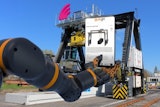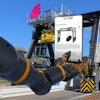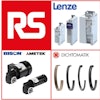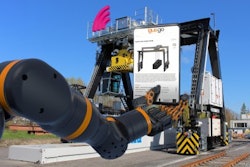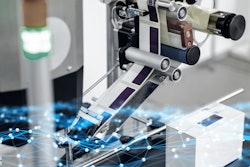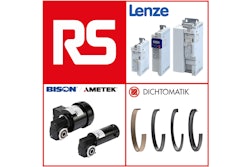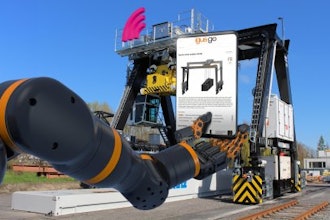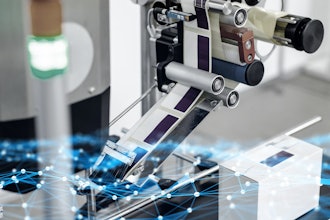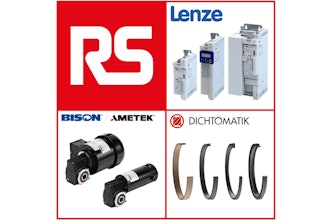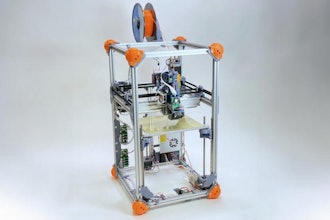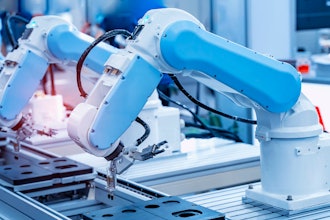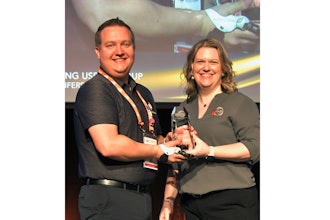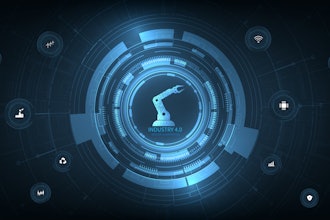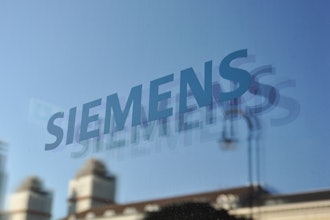Today’s next-generation manufacturing is marked by speed and technology. However, technology can be a double-edged sword. On one hand, technological innovations and advancements have resulted in a manufacturing resurgence in the United States. On the other hand, technology also makes confidential and proprietary information more vulnerable to disclosures, either intentionally or inadvertently. Foolish is the next-generation manufacturer that ignores the measures required to protect its investment in innovation.
As the pace of innovation speeds up, so too does the temptation of competitors to seek shortcuts to compete. Why spend the time and resources to invest in your employees and products to create your own innovations when you can “borrow” from your competitors? One such shortcut is the “raiding” of a competitor’s top talent, who are the product of training and who have been exposed to the company’s most confidential trade secrets. To the extent the raiding is successful, these key employees come with valuable skills, and often times, even more valuable confidential information. In fact, some competitors are counting on the confidential information as part of the package for which they are willing to “overpay.”
Technology makes the intentional theft, or the inadvertent disclosure, of confidential information too easy. A click of the “send” button on an email, the simple insertion of a flash drive, can, in a matter of seconds, transfer to a competitor what it took your company countless hours and resources to develop over years. Combine such information with the skills and knowledge of your key employees, and that’s a recipe for disaster.
Smart next-generation manufacturers recognize this danger and proactively take the sometimes tedious and controversial preventative steps. First, if you, like many employers in the manufacturing arena, historically had an aversion to requiring non-compete/non-disclosure agreements for your key employees, it is time to reconsider. A carefully tailored non-compete/non-disclosure agreement provides a valuable tool when the corporate raiding begins. Such agreements also put your employees on notice as to your expectations regarding confidential information during and after their employment.
Second, this may seem elementary, but next-generation manufacturers must treat confidential and proprietary information as if it is truly confidential and send that message to its employees. For example, confidential information should be properly marked as “CONFIDENTIAL” and passwords used to protect such information. Next-generation manufacturers should also limit the ability to copy information to a data storage device or to send information to a personal email account, via technology or otherwise. Company policies regarding the handling and dissemination of confidential information should be implemented and actually enforced. Employees should be told they are not authorized to copy documents for non-company related business. As part of the enforcement process, new employees should be trained on these policies and refresher training should be held periodically. While respecting privacy rights, the company should monitor email accounts and even social media sites to ensure that confidential information is not slipping out.
While starting the enforcement process at the beginning of the employment relationship is critical (as well as continuing it throughout the relationship), being diligent at the end of an employee’s employment is just as important. Conducting exit interviews for employees prior to their departure can provide valuable information as to the employee’s future plans and potential need for future monitoring. The exiting employee should return any company property and any confidential or proprietary information he/she obtained while working for the next-generation manufacturer. Especially if it is a key employee or there is reason to believe the employee is up to no good, a formal or informal forensic review of the employee’s computer and email account is warranted. Part of the exit interview should also include a request for a signed acknowledgment from the employee as to his/her continuing obligations to the company regarding confidential and proprietary information as well as a requirement to disclose the confidentiality obligations to the new employer. Permission to contact the new employer, forestalling a potential tortious interference claim, is also advisable.
Once a next-generation manufacturer learns that a former employee is working for a direct competitor and may be improperly using confidential information, there are options short of litigation to protect against further disclosure and/or damage (even in the absence of a non-compete/non-disclosure agreement). The new employer may cooperate in protecting your confidential information. As the new employer is likely dealing with the same type of protection issues, it may be willing to negotiate to limit the role of the former employee and/or take steps to ensure that confidential information is not used or disclosed.
The new employer (along with the former employee) may also be willing to provide timed certifications at future intervals regarding the non-use or disclosure of your confidential information. Such certifications can serve as reminders of the former employee’s continuing obligations as well as serve as useful evidence if litigation becomes unavoidable. While any agreed-up remedies with the new employer will require trust and some creativity, they can provide protection without the need to resort to costly litigation.
But sometimes the next-generation manufacturer needs to fight to protect its trade secrets and confidential information. While it can be expensive, the willingness to engage in the battle may also dissuade raiders with bad intentions.
As a next-generation manufacturer, you have already shown you can successfully adapt to changing conditions. However, as your manufacturing processes continue to evolve, so too must your processes for protecting your confidential and proprietary information. Speed and creativity are essential to keeping your innovations from falling into the wrong hands. Ensuring that processes are in place at the beginning and end of the employment relationship (as well as in between) can save you future headaches.
John Birmingham is a partner in international law firm Foley & Lardner’s Detroit office and a leader of the firm’s Legal Innovation HubSM for NextGen Manufacturers. Michael Groebe is senior counsel in its Detroit office, where he advises clients on employment law. The authors can be reached at [email protected] and [email protected].
